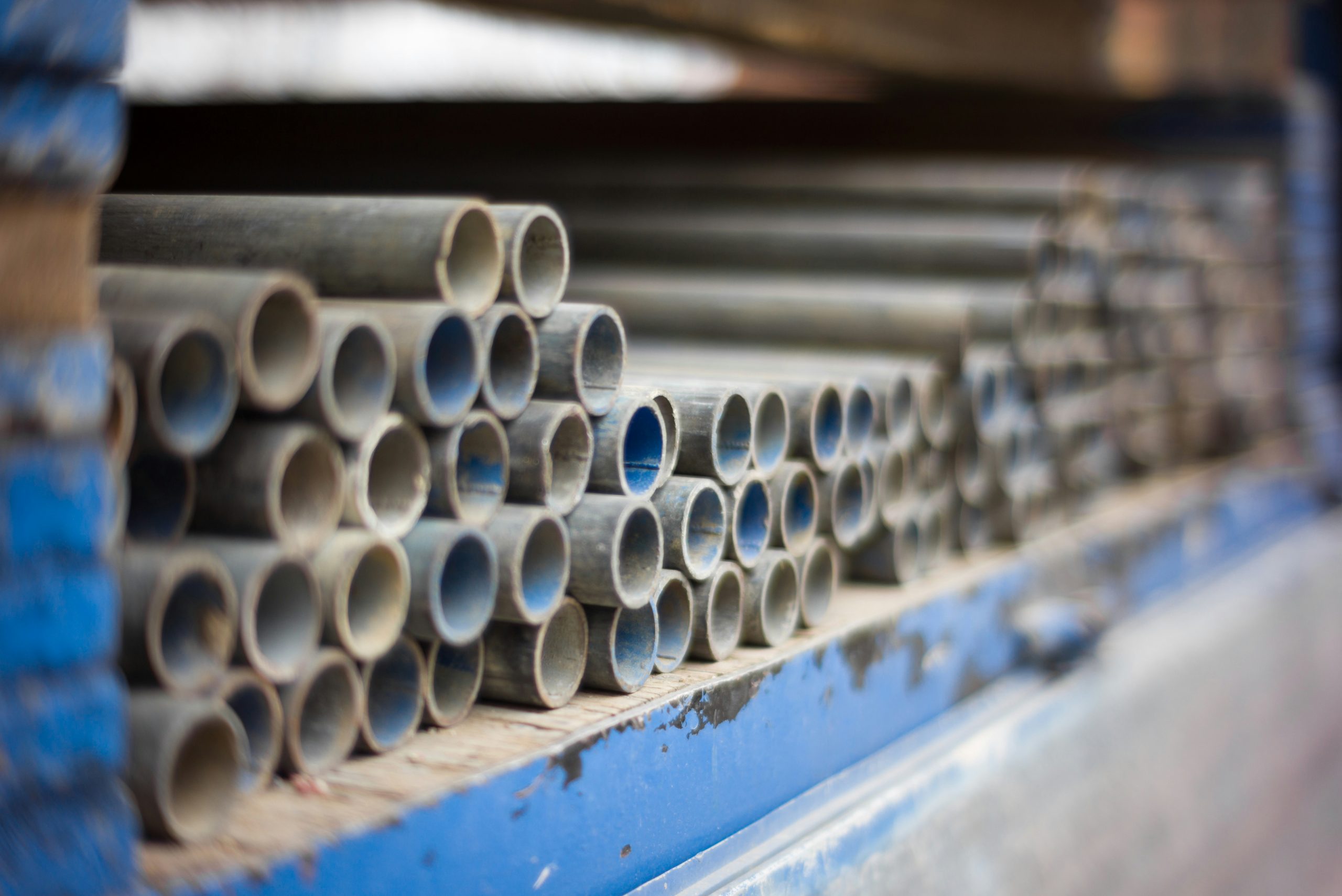HYBARI: Japan’s First Hydrogen-Powered Test Train

JR East have unveiled HYBARI, an advanced twelve-car train with a fuel cell and battery system, in a major step towards sustainable railway operations.
Introducing HYBARI: A Hydrogen-Hybrid Marvel:
HYBARI, an acronym for Hydrogen-Hybrid Advanced Rail Vehicle for Innovation, the first hydrogen-powered test train in Japan. JR East plans extensive test runs for HYBARI on the Nanbu Line, which connects Tachikawa Station in Tachikawa, Tokyo, and Kawasaki Station in Kawasaki, Kanagawa aiming to commence commercial operations by 2030.
Toyota Motor developed the fuel cell system for the train, hybrid drive system was provided by Hitachi.
Advanced Technology and Collaborative Development:
HYBARI is equipped with an innovative hybrid system combining hydrogen-powered fuel cells and storage batteries.
High-pressure hydrogen stored in tanks on the train is fed into the fuel cell system. This system generates electricity through chemical reactions with oxygen from the air then stored in batteries to power the train’s engines. The hybrid drive system of the train ensures a seamless and efficient operation.
Environmental Goals and Operational Efficiency:
JR East has invested approximately ¥4 billion ($34.7 million) in developing HYBARI, which travels up to 140 kilometres per hydrogen charge.
This initiative is part of JR East’s broader goal to reduce carbon dioxide emissions to zero by fiscal 2050. Shoichi Oizumi, head of JR East’s research and development centre, emphasised the potential of replacing existing diesel trains with fuel-cell hybrid trains.
The current test runs will help JR East evaluate operational costs and other factors, determining the feasibility of introducing hybrid trains across various lines as early as possible.
Past Achievements and Future Aspirations:
JR East completed a successful trial run of its E-7 series Shinkansen in Niigata Prefecture. The remotely piloted 12-car E7-series train travelled nearly 5 kilometres from Niigata Station on the Joetsu Shinkansen line, reaching a top speed of 110 km/h.
This achievement underscores JR East’s commitment to advancing rail technology with hydrogen fuel and operational efficiency.
Looking Ahead: HYBARI’s Commercial Launch:
JR East is poised to transform Japan’s railway landscape with HYBARI. By 2030, the company intends to present this hydrogen-hybrid technology commercially, contributing significantly to Japan’s sustainability goals.
The successful implementation of HYBARI could serve as a model for other global railway operators, showcasing the potential of hydrogen as a clean and efficient energy source not just for road but also for rail transport.
Byline: Vidhathri Matety

